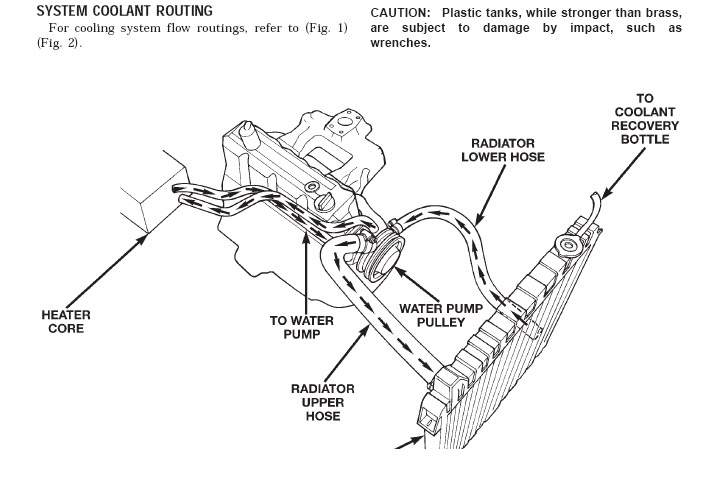

#COOLANT SYSTEM SERIES#
Instead, it uses liquid cooling in the form of water flowing through a series of hoses to reduce the heat – this process takes place in your cooling system. Water Pump Failureīecause your engine is located beneath a giant metal hood for better aerodynamics and fuel efficiency, it can’t rely on airflow to stay cool. If you notice any of these issues, it’s imperative to bring your car to a local auto mechanic as soon as possible to explore solutions. The four common problems with cooling systems we will cover on our blog include: In order to prevent further damage caused by a bad cooling system, it’s important to be able to recognize the signs of a cooling system problem. Cooling system problems commonly snowball, causing several other problems for your engine, and possibly ruining your car for good. Unfortunately, just like every other system in your car, your cooling system isn’t immune to problems. Having a good, working cooling system is so critically important to a healthy car! Most Common Cooling System Problems This will leave you with a car that’ll desperately need a new engine. If too much heat builds up in your engine, the metal the block is made from will begin to crack or even collapse, and your engine could come to a screeching halt. When these small explosions occur it produces a lot of heat, so there’s no wonder why thousands of explosions in your engine will cause a lot of heat buildup over time.

The resulting force pushes on the piston, sending your car forward. Why does a car engine get so hot? Your vehicle’s engine uses an internal combustion process that causes a mixture of gasoline and air to literally explode inside your engine cylinders.

Have you ever stood next to your car while it's running and felt hot air coming from the engine area? It’s pretty similar to what you feel when you open your oven to see how that turkey is coming along.


 0 kommentar(er)
0 kommentar(er)
